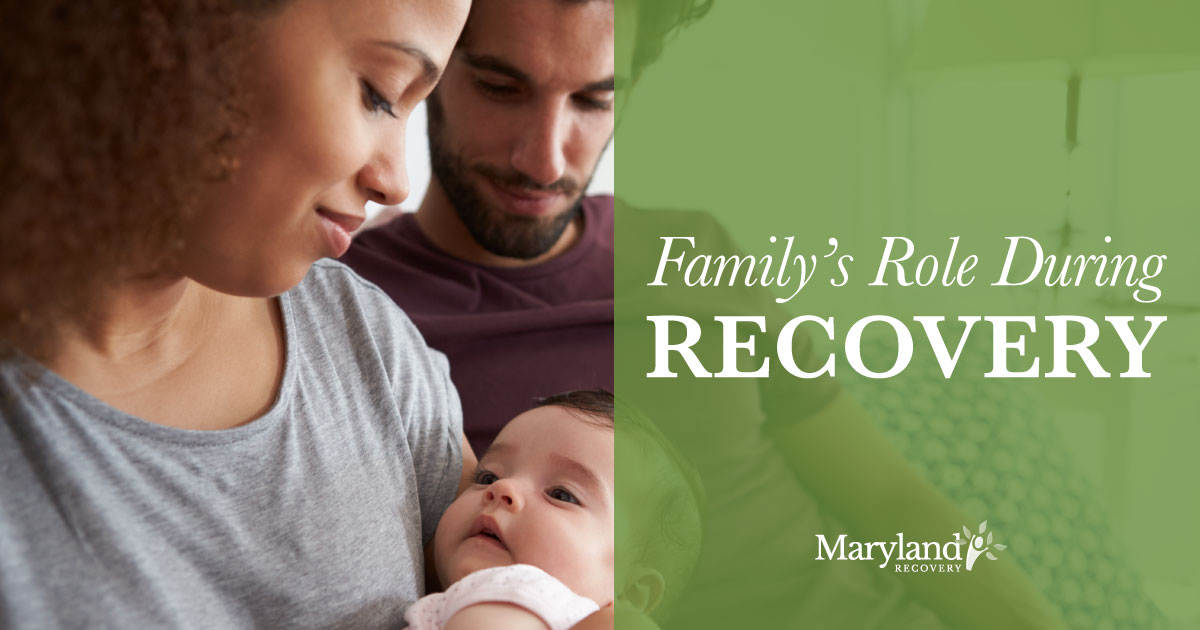
Recent Studies Emphasize the Family’s Role in Addiction Recovery
A growing body of research and evidence has pointed to the important role that family members play in the addiction recovery process. The need for family support is not limited to any one part of recovery, but has a powerful influence every step of the way.
Studies released in 2017 continue to stress how intentional support and healthy family dynamics make a significant difference when it comes to helping a loved one overcome drug or alcohol addiction.
Families should consider the following research results when evaluating their own role in their loved one’s recovery:
- A report published in the journal Addiction noted the need for to those struggling with addiction to feel extra incentives to attend professional treatment, reflecting opportunities for family members to take a more active role in their loved one’s recovery process.
- A study published in 2017 in the International Journal of Mental Health and Addiction found a measurable increase in the success rate for those in addiction treatment programs when family members took an active role in their loved one’s recovery.
- The findings of a study published in the Journal of Addiction Medicine highlighted the need for the medical community to actively incorporate the family more directly in standard treatment for addiction.
Strategies for Families Supporting a Loved One in Recovery
Creating a stable system of support at home is especially vital once a loved one has completed treatment and is transitioning back into his or her everyday life. The following strategies are just a few of the ways that you and your family members can positively contribute to a loved one’s recovery during the aftercare phase:
Maintain a Sober Home Environment
You can’t control what goes on in the real world. However, you can make sure your home isn’t a source of triggers and temptation. That being said, make sure your house remains free of drugs and alcohol after your loved one returns home from treatment.
Maintaining a sober environment also means fostering family dynamics that are loving and supportive. Encourage every member of the family to look for opportunities to reduce tension and avoid conflict. Professional family therapy can provide a safe place to work through issues and rationally discuss contentious subjects. Use this outlet to minimize conflict at home.
Also, recognize that early recovery can be lonely. Isolation and feelings of rejection are powerful triggers in themselves. Providing a safe, supportive home is an effective way to combat the feelings of isolation.
Provide a Source of Accountability
In early recovery, your loved one will be attending several appointments and meetings with doctors, counselors, therapists and addiction specialists. They may also be attending regular AA or NA meetings or other self-help groups.
Being involved in your loved one’s recovery helps to keep them accountable and ensures that they are following through with their sobriety. No matter how busy things get around the household, these meetings should remain a priority.
If your loved one is allowed to miss one meeting and then another, they can quickly compromise their support circle and put themselves at greater risk for relapse.
Reinforce the Family Connection
It doesn’t matter if you have a traditional two-parent household or something radically different. Coming together as a family is the best thing you can offer a loved one struggling with substance abuse. It’s time to put aside your differences and come together as one.
Reinforcing the family connection may mean changing up holiday plans, prioritizing family-oriented activities on weekends or scheduling your lives around a loved one’s meeting schedule. It may help to hold a family meeting prior to a loved one’s returning home from treatment to stress the importance of togetherness during this trying season.
Find Balance While Providing Support
The recovery process has a lot of ups and downs, so it’s important for you and your family to get the support the recovering individual needs. Not only do you have a long recovery process to go through, but the rest of the family is likely still recuperating from the impact of your loved one’s behavior prior to entering treatment.
Family members are encouraged to find their own support system while they participate in a loved one’s recovery. Practicing healthful, relaxing activities such as meditation, yoga, golf or gardening can be extremely effective in helping family members navigate the recovery process. If necessary, working with a trusted therapist or counselor can help prepare a family member for the emotional burden of supporting a loved one through recovery.
Your Role in Their Life Is Important
As you embark on this stage of the recovery process with your loved one, remember that you have an important role to fill. Your loved one needs you right now, so make sure that you are taking care of yourself and getting the support you need to be a positive influence.
Do you have a loved one struggling with addiction? The first role you can play in the recovery process is encouraging a loved one to get the treatment he or she needs. Please reach out to us directly or click below for more helpful information on how to get a loved one into effective, medically guided addiction treatment.
See More ‘Addiction in the Family’ Resources
Editor’s Note: This post was originally published in August 2016 but was updated in November 2017 to reflect more recent discoveries on the family’s role in addiction recovery.
Reviewed by Christopher Schwartfigure MS, LGPC, CAC-AD








